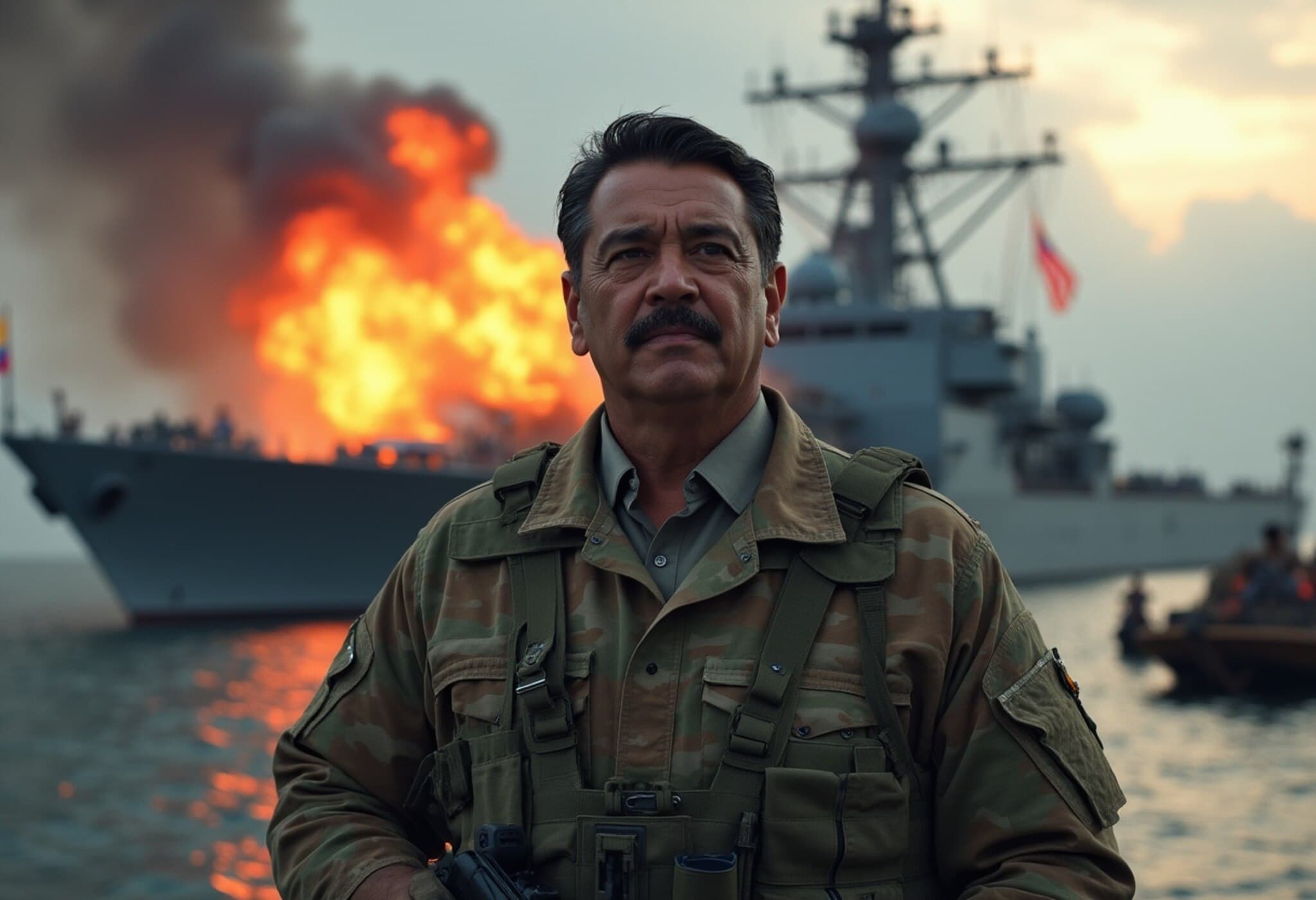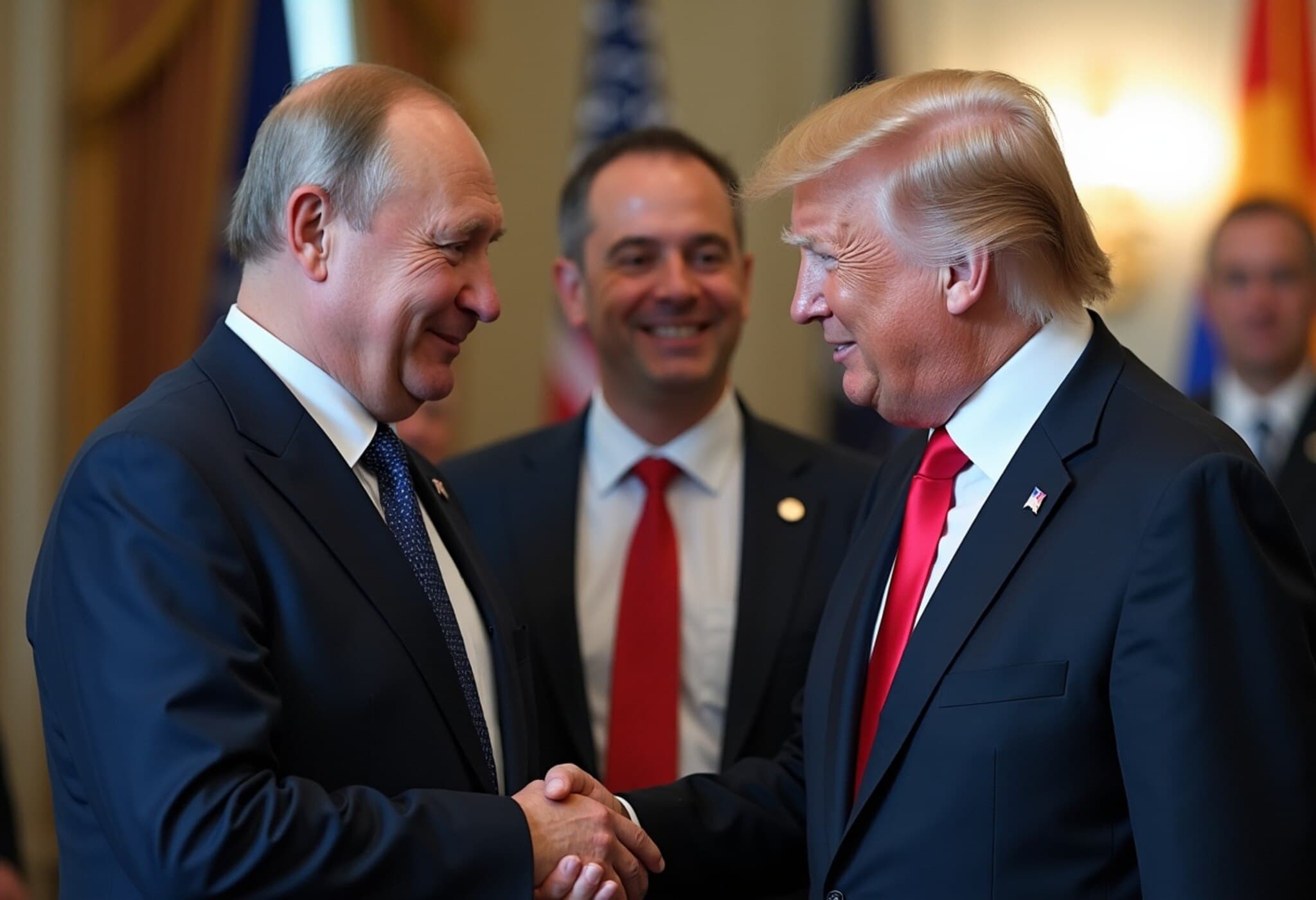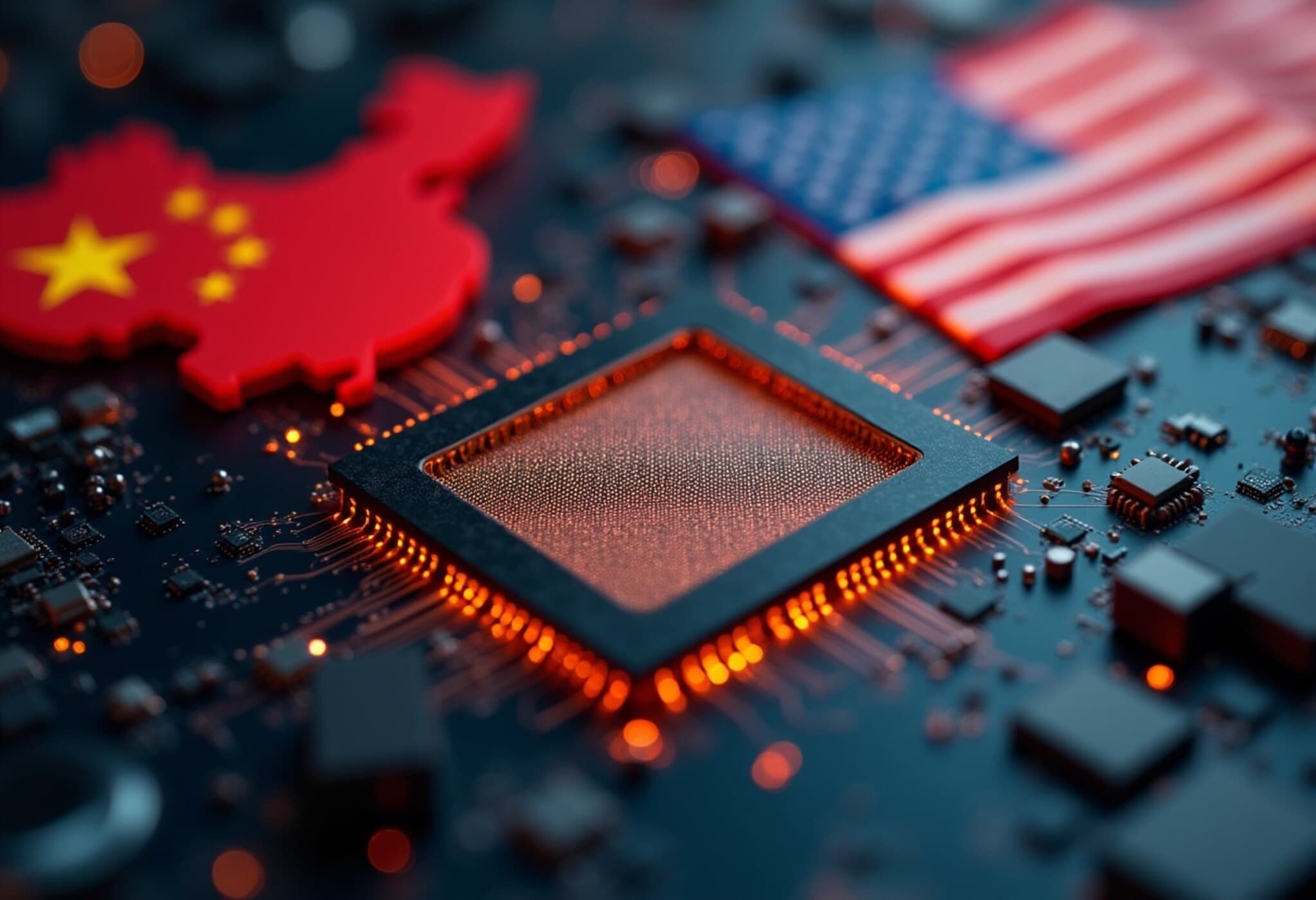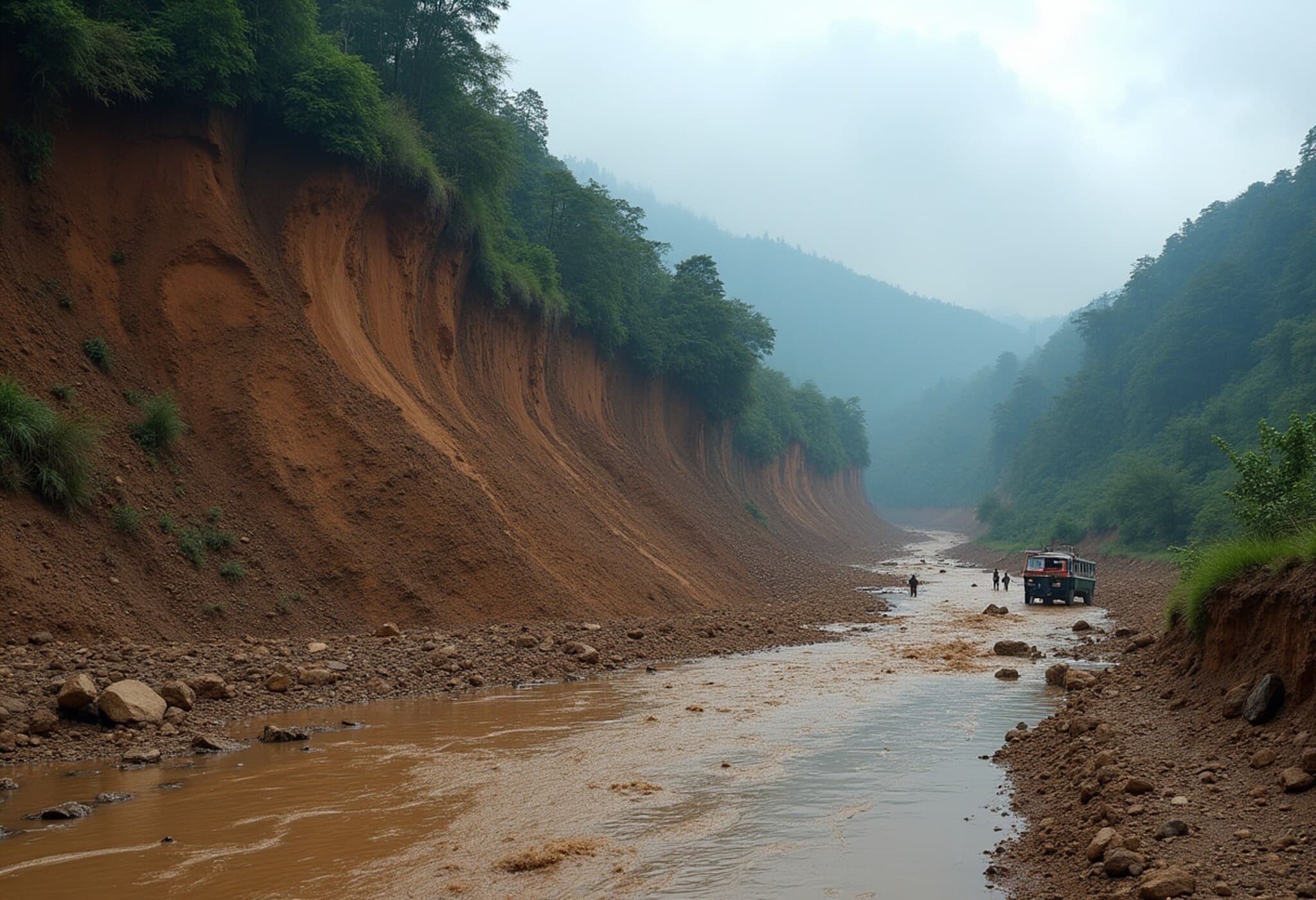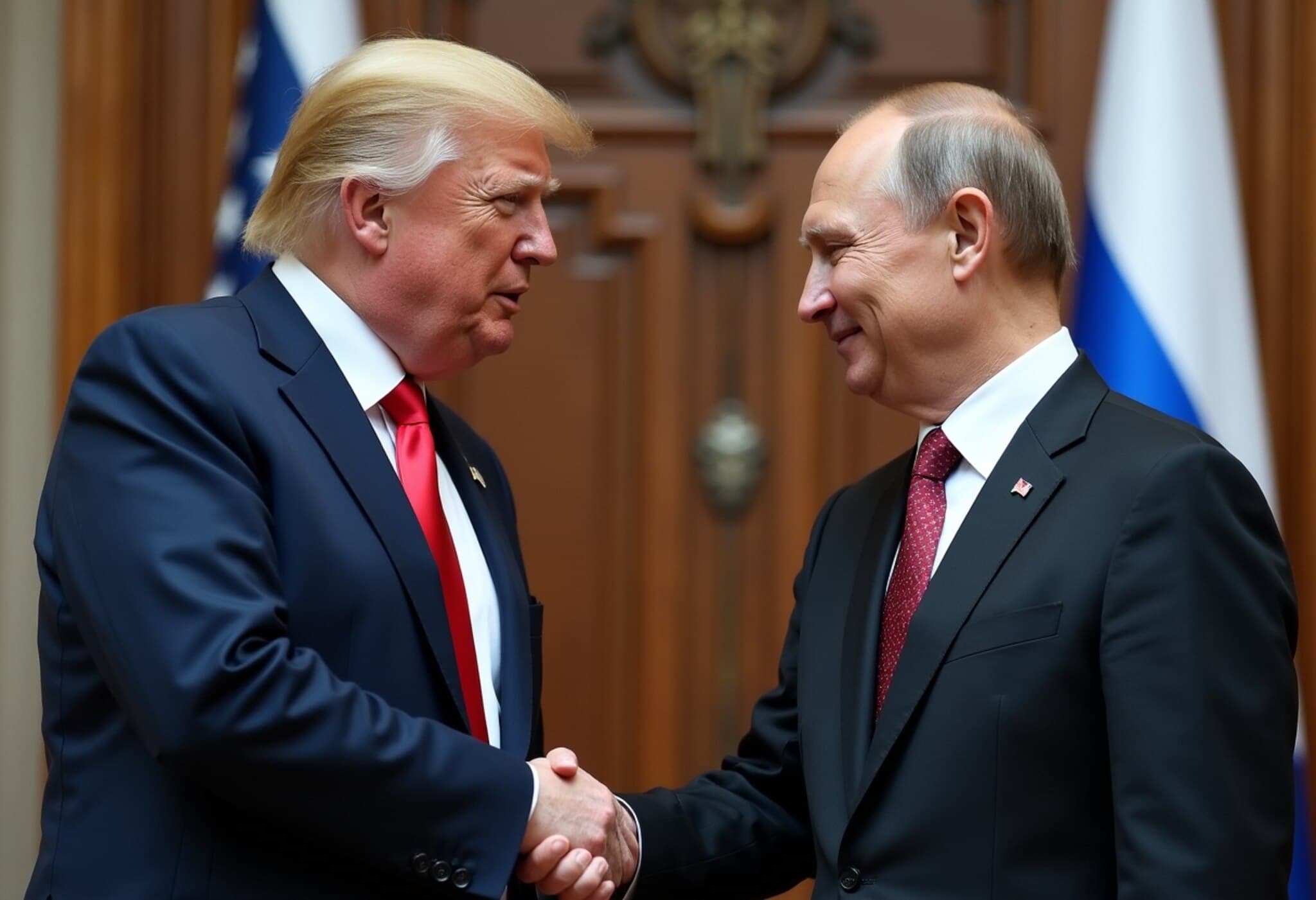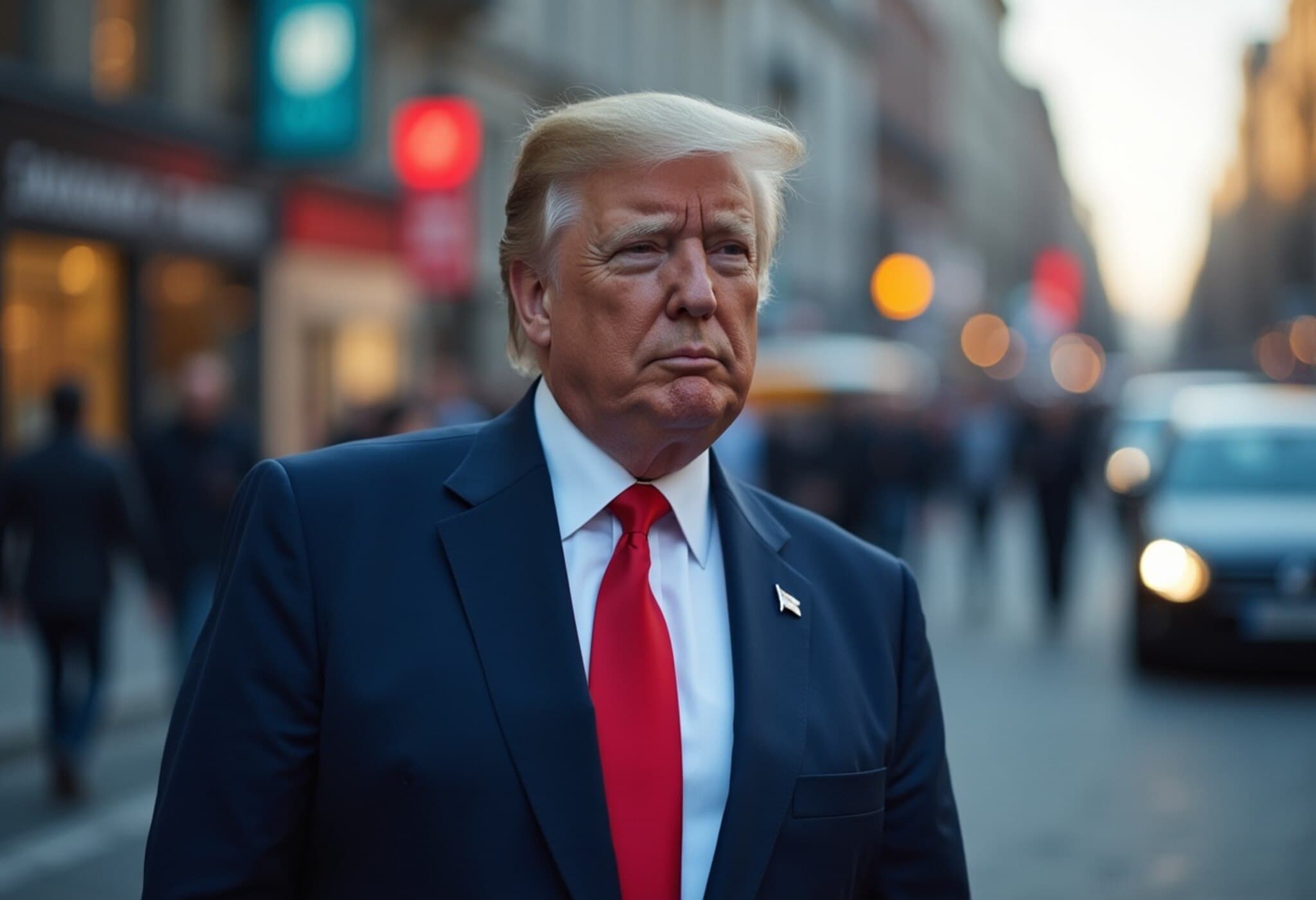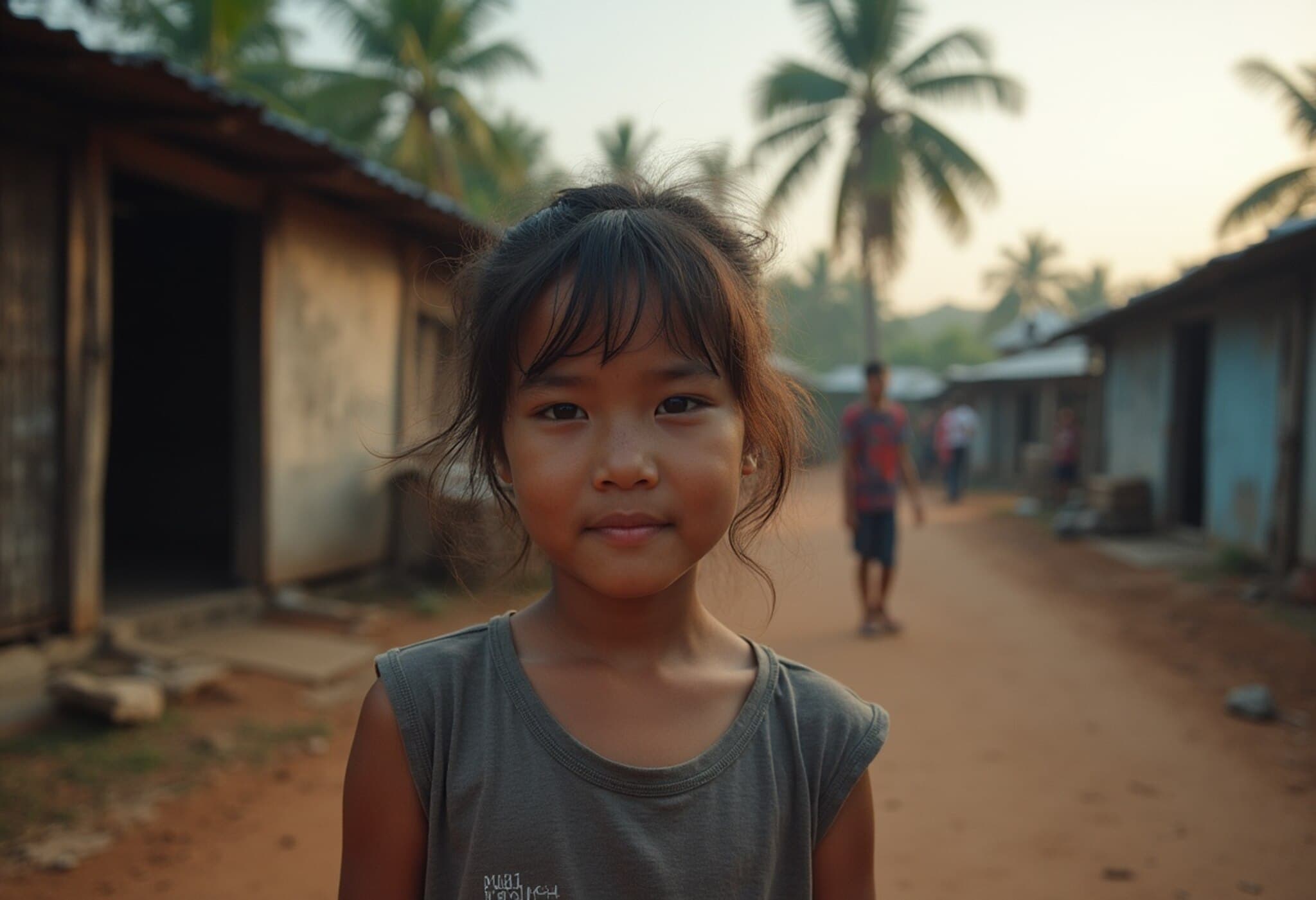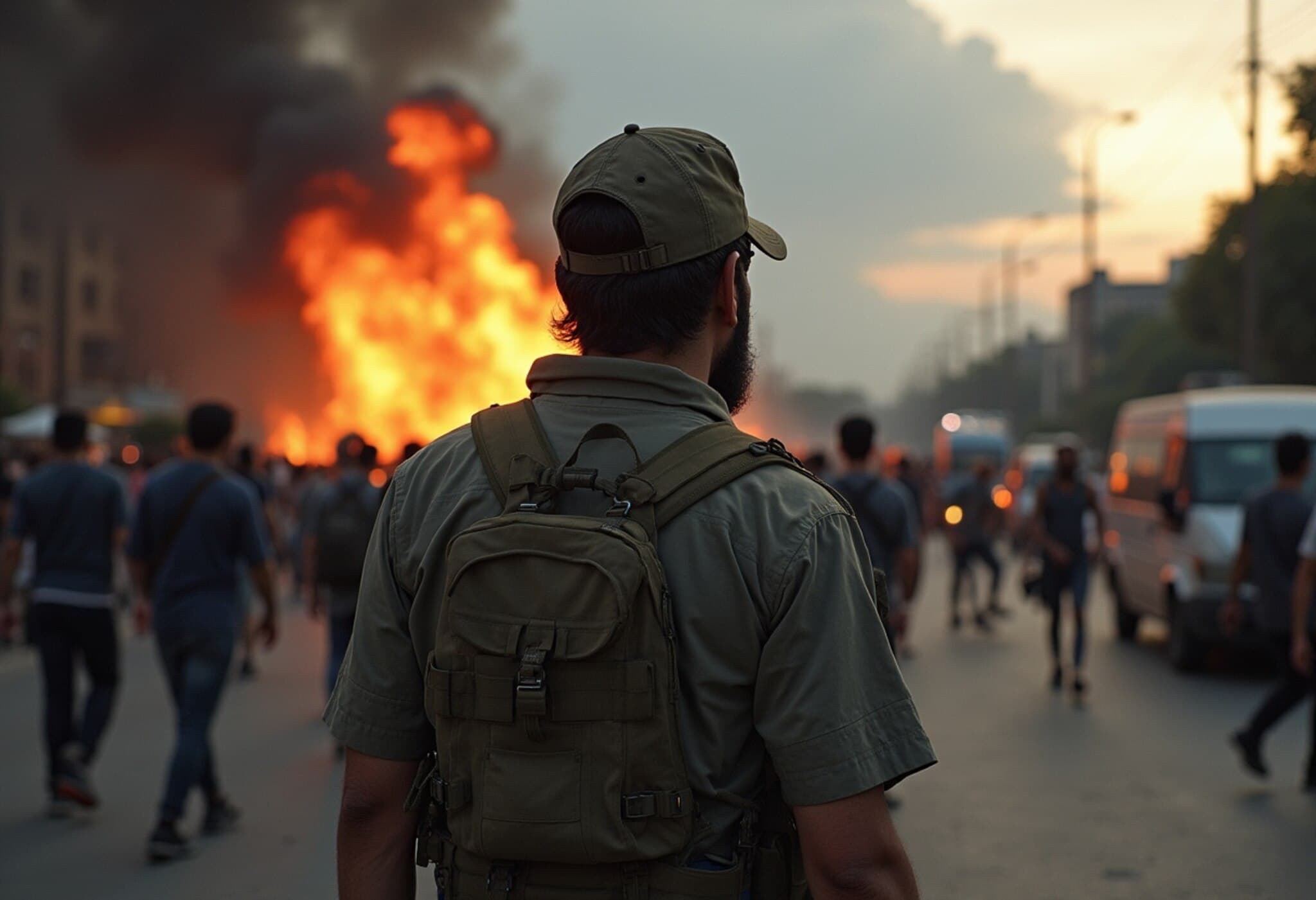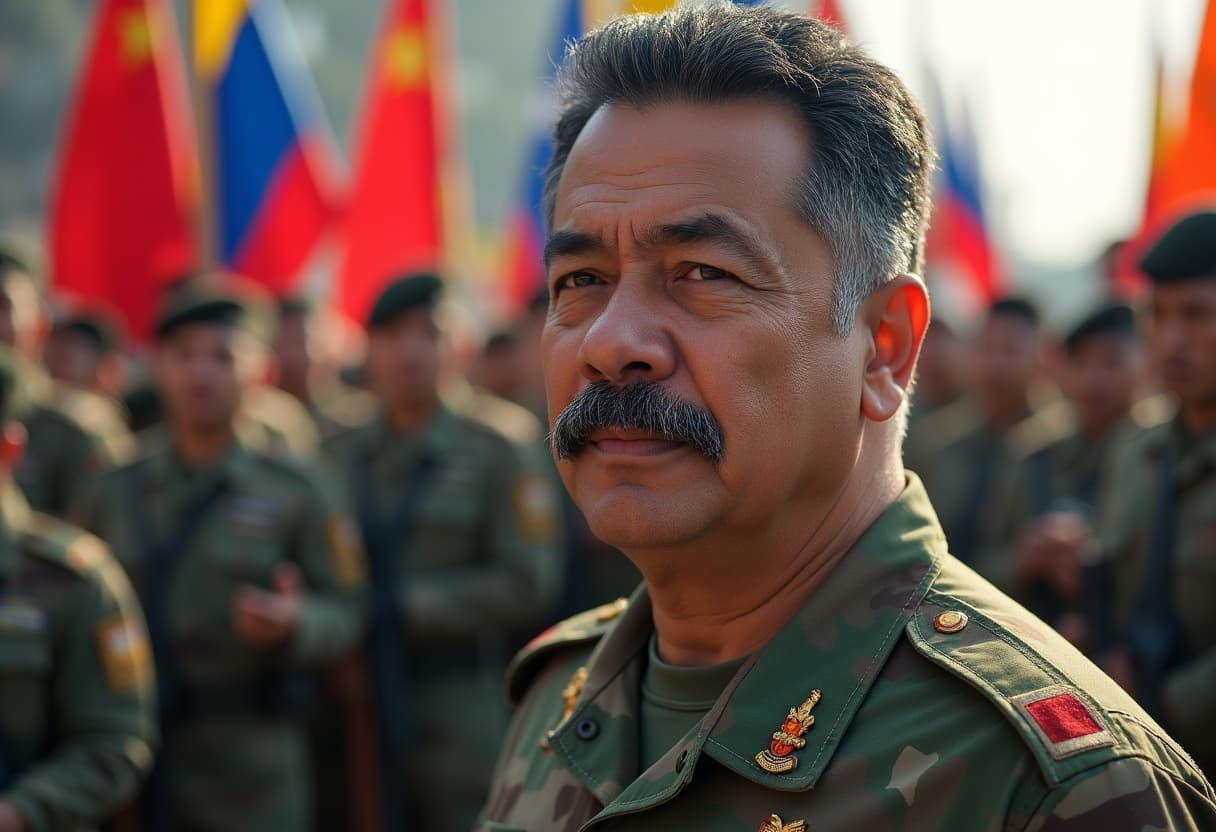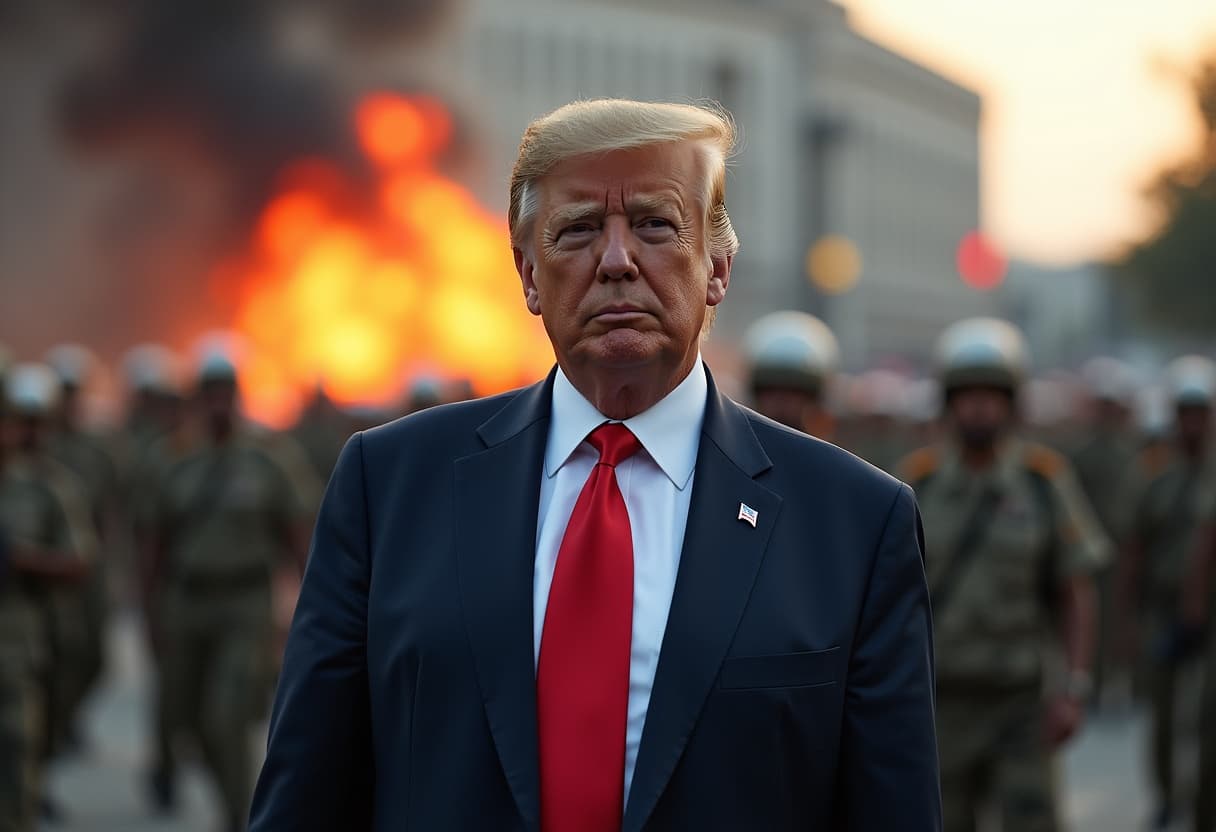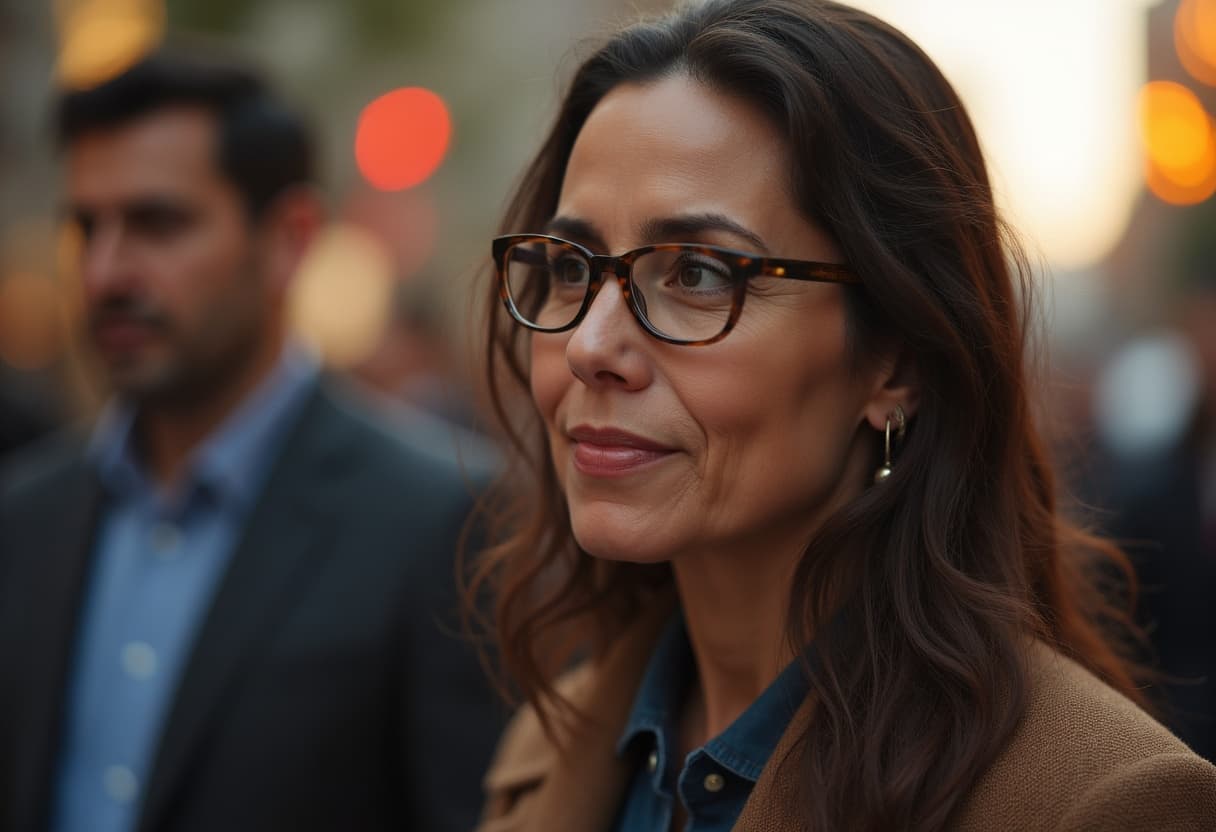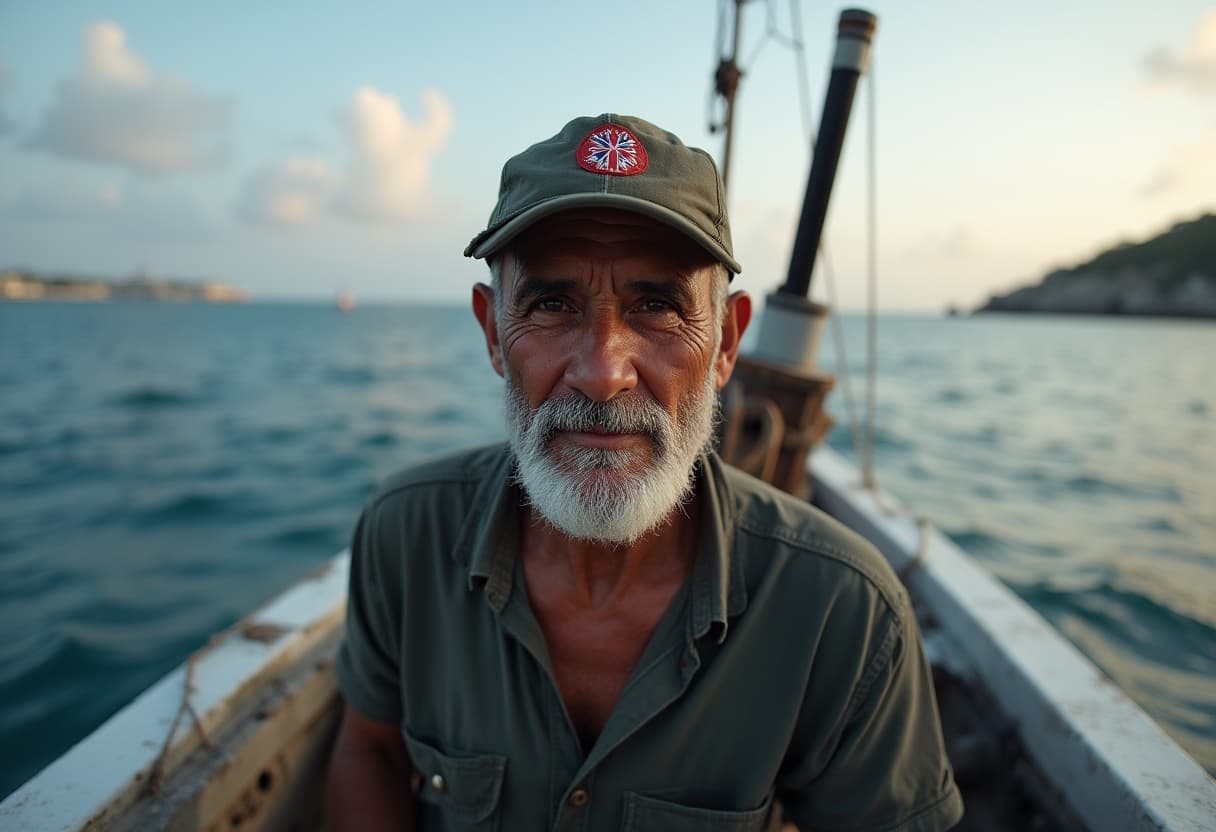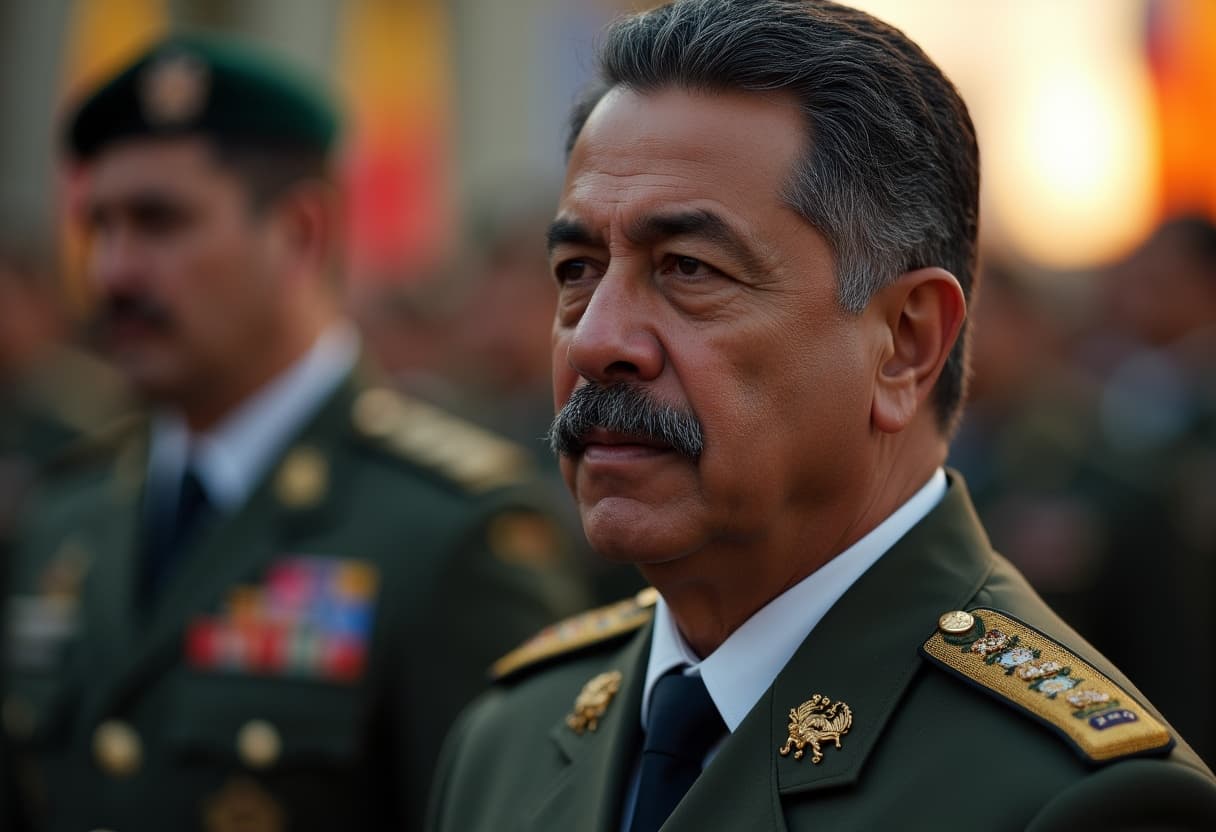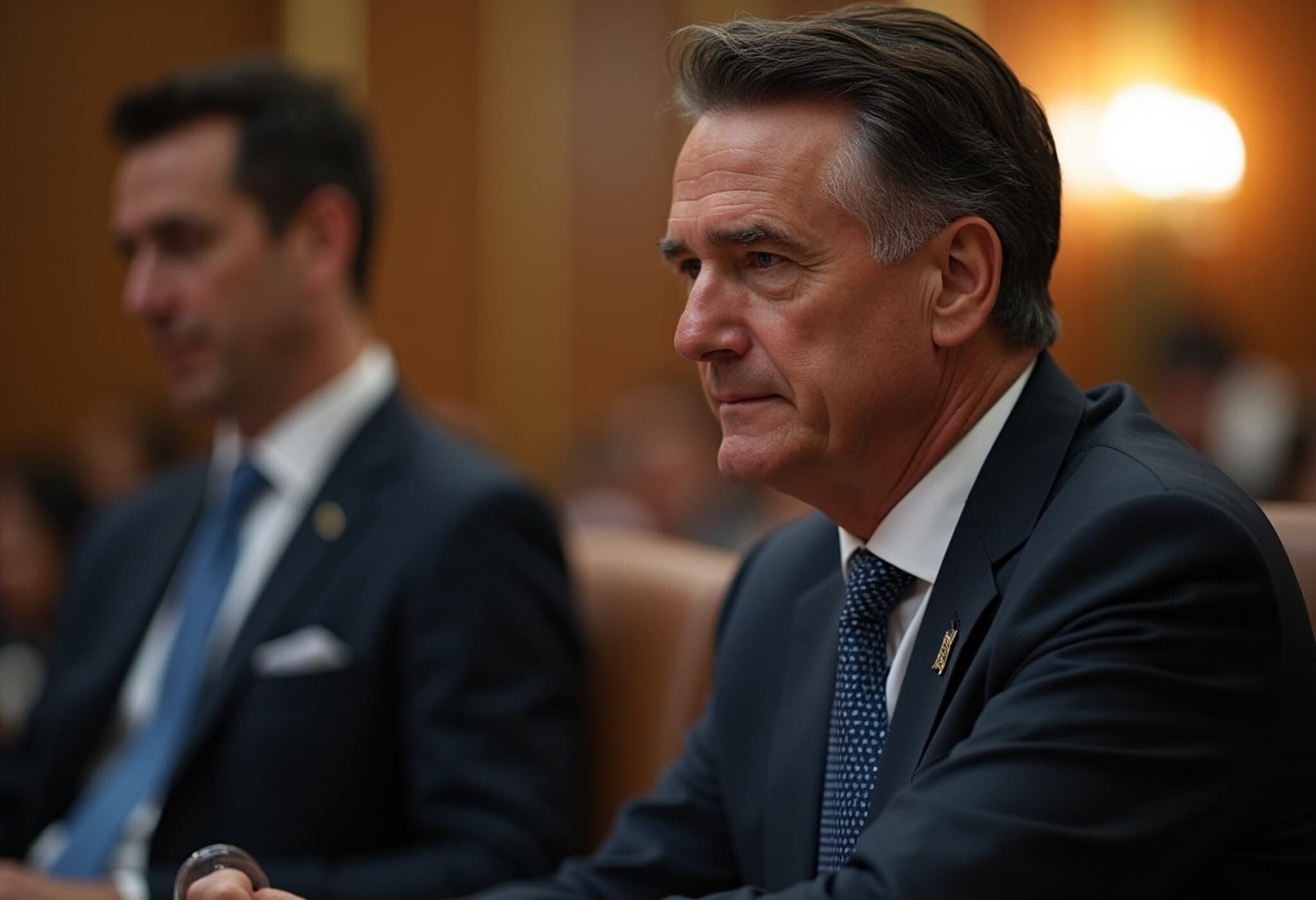Rising Tensions in the Caribbean: Venezuela's Maduro Issues Stark Warning to U.S.
In a defiant appearance from Caracas—his first public press conference in over a year—Venezuelan President Nicolás Maduro issued a chilling warning on Monday, cautioning the United States against any military intervention. As U.S. warships and troops mass near Venezuelan waters, Maduro's message was clear: any attack would be met with "an armed fight" and could "stain [President Trump's] hands with blood."
Backdrop: A Brewing Storm Between Washington and Caracas
The escalating military presence in the Caribbean comes amid the Trump administration's declared mission to curb drug trafficking emanating from Venezuela. Since late August, the U.S. has deployed sizeable naval and ground forces, intensifying pressure on Maduro's government. While official rhetoric frames these maneuvers as anti-narcotics operations, many analysts interpret the deployment as a veiled strategy to unsettle Maduro's regime or force political change.
Maduro’s Powerful Rebuke
Addressing President Donald Trump directly, Maduro said, "Mr. President, Donald Trump, watch out, because Mr. Rubio wants to stain your hands with blood." The reference to Senator Marco Rubio highlights internal U.S. political dynamics, wherein Rubio has been a vociferous critic of Maduro and an advocate for a hardline stance against Venezuela.
U.S. Perspective: An Offensive Against Narco-Terrorism?
Secretary of State Marco Rubio heralded the U.S.'s new posture as the first genuinely offensive strategy targeting the drug cartels fueling drug flows into America, calling Maduro a "narco-terrorist" and labeling his government a "narco-terror cartel." This framing aligns with the Trump administration’s broader approach of linking narcotics, organized crime, and authoritarian governance as a triad to justify robust interventionist policies.
Expert Insight: The Miscalculated Military Response?
However, skepticism surrounds the scale of the U.S. military buildup. Jimmy Story, former U.S. ambassador to Venezuela during Trump’s first term, remarked that deploying such overwhelming force to intercept drug trafficking operations might be likened to "using a blowtorch to cook an egg." This analogy hints at the disproportionate nature of the response and foreshadows possible unintended consequences, including regional destabilization and humanitarian fallout.
Broader Implications: What Lies Ahead for U.S.-Venezuela Relations?
- Risk of Military Escalation: Maduro’s vow to resist militarily raises the specter of armed conflict in an already volatile region.
- Humanitarian Concerns: Increased hostilities risk exacerbating Venezuela’s ongoing humanitarian crisis.
- Geopolitical Fallout: The situation invites scrutiny from global powers watching closely, potentially impacting U.S. relations with allies and adversaries alike.
- Domestic Pressures: U.S. policymakers face balancing hardline tactics with avoiding protracted conflict that might prove politically costly.
Unanswered Questions
As this geopolitical drama unfolds, key questions persist: Is the Trump administration prepared for the ramifications of military engagement? How might the U.S.’s anti-drug objectives align or clash with broader regional stability? And what are the real incentives behind the forces mobilizing in the Caribbean?
Editor’s Note
The current standoff between the United States and Venezuela is more than a contest of military might—it's a reflection of competing narratives about sovereignty, regional security, and the fight against illicit drug networks. While U.S. officialdom frames its buildup as law enforcement on a grand scale, Venezuela’s leadership views it as an existential threat. Observers should watch closely how rhetoric, political maneuvering, and military actions intertwine, with profound implications for democracy, human rights, and the fragile geopolitical balance in the Americas.

